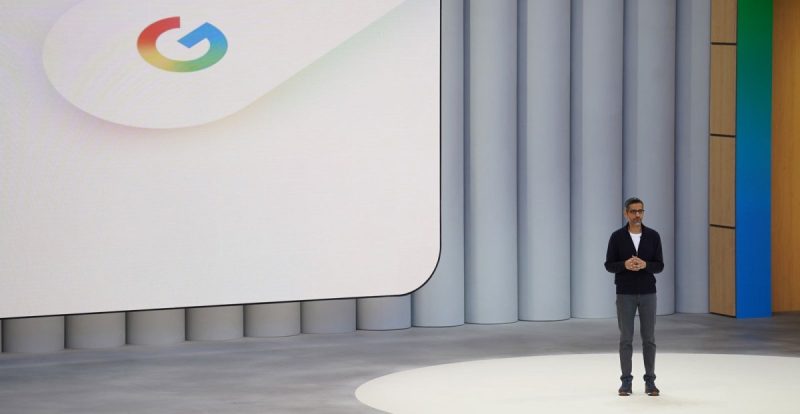
Google I/O 2025 was, as expected, heavily focused on AI. But beyond the flashy demos, a clearer picture emerged: Google’s future hinges on AI taking the reins of the search process itself. This isn’t just about refining search results; it’s about fundamentally changing how we interact with information online.
Central to this vision is AI Mode in Google Search, currently rolling out across the US. This new mode offers a chatbot-like experience, going beyond simple keyword searches. Instead of sifting through endless blue links, AI Mode proactively synthesizes information from various sources. For example, a request for weekend activities in Nashville will yield curated lists of restaurants, music venues, and off-the-beaten-path attractions, all neatly compiled with a custom map, eliminating the need for multiple individual searches.
The magic behind AI Mode is Google’s “query fanout technique,” a process where the system breaks down complex queries into subtopics and simultaneously issues numerous searches across its vast datasets (including the Knowledge Graph, Shopping Graph, and Maps data). This allows AI Mode to deliver comprehensive results incredibly quickly. Google plans to enhance this further with a “Deep Search” feature this summer, capable of issuing “dozens or even hundreds of searches” to provide even more in-depth answers.
This AI-driven approach extends beyond Search. Project Mariner, a tool allowing users to instruct Google to perform specific web tasks, is now capable of managing up to 10 simultaneous tasks. The new “Teach and Repeat” feature allows users to train Mariner for recurring tasks, further streamlining online interactions. Agent Mode in the Gemini app also leverages Project Mariner to accomplish tasks on behalf of the user, such as apartment hunting.
Furthermore, Project Mariner will be integrated into AI Mode this summer, offering seamless task completion directly within the search interface. Imagine searching for baseball tickets and instantly seeing a “buy” button—all without leaving the Search page. Google’s ambition is clear: to make the web more accessible and intuitive through the power of AI, effectively doing the ‘Googling’ for you.
If Google’s demos are any indication, the future of search will be far more proactive and efficient than the current model. It remains to be seen whether this vision translates seamlessly into everyday use, but the potential for revolutionizing how we find and interact with information is undeniable.










